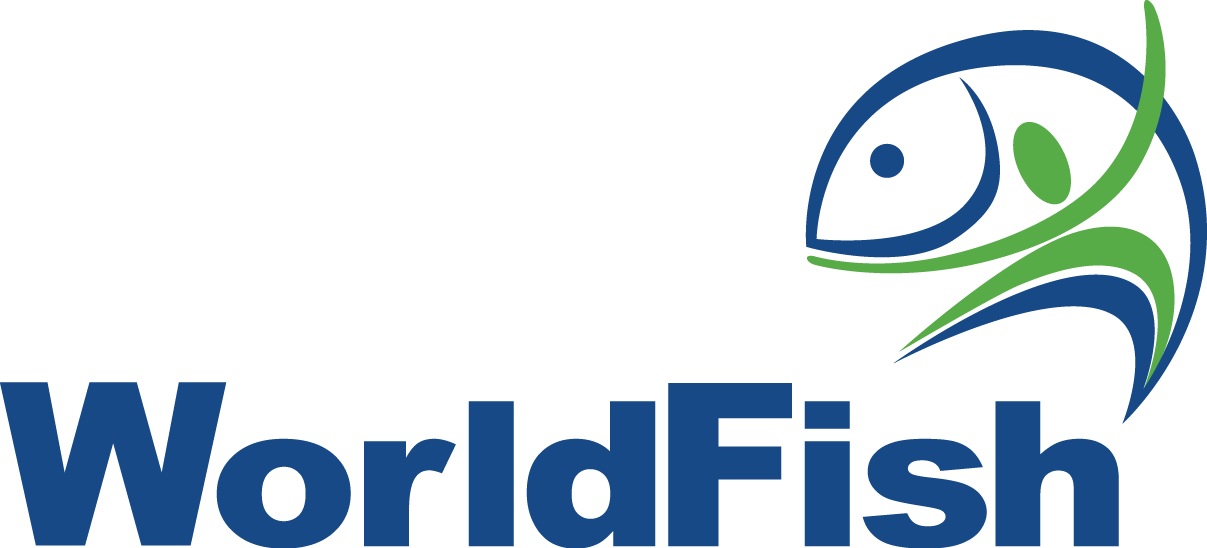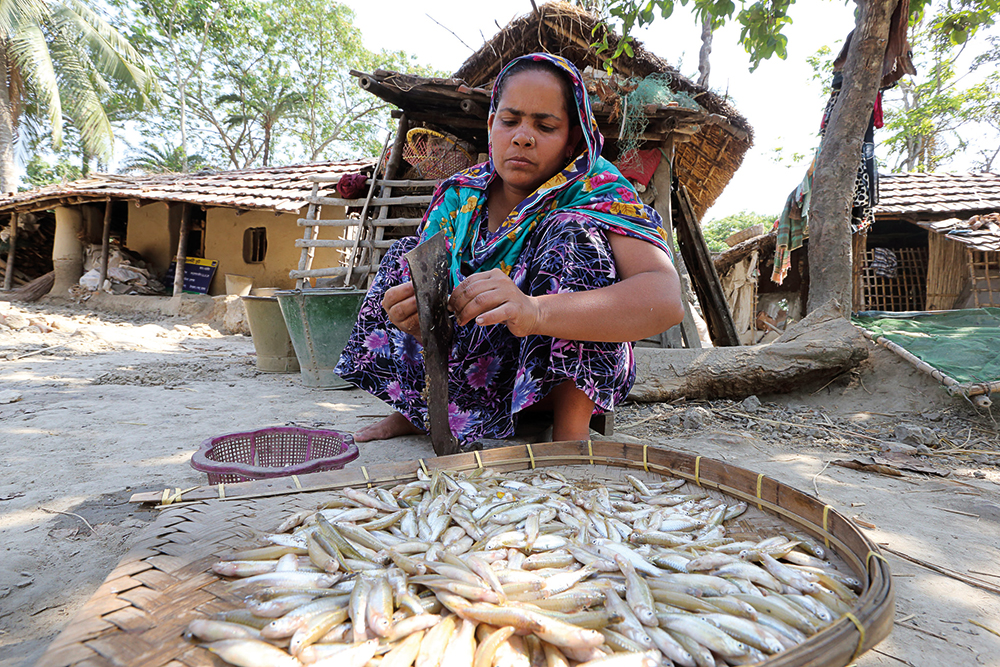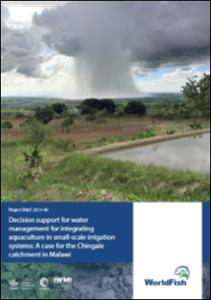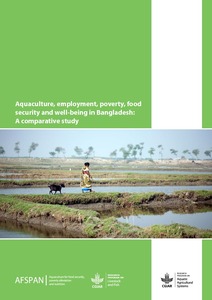Location
WorldFish's mission is to reduce poverty and hunger by improving fisheries and aquaculture. We strive to achieve large scale, environmentally sustainable, increases in supply and access to fish at affordable prices for poor consumers in developing countries.
Members:
Resources
Displaying 6 - 10 of 22Hot topics in aquaculture research
Experts agree that the rising demand for fish for human consumption cannot be met without a major expansion and sustainable intensification of aquaculture. Our WorldFish authors describe the areas in which research plays a particularly important role in this context.
Decision support for water management for integrating aquaculture in small-scale irrigation systems: a case for the Chingale catchment in Malawi. Project Brief
A three-year project was funded by the BMZ/GIZ to examine the benefits of integrating aquaculture and small scale irrigation by identifying improved water allocation and management strategies under current and future climate change scenarios. An integrated modeling approach was adopted to analyze the complex issues involved in the decision processes. A water budgeting approach was used in estimating and balancing the water resources available to farming communities (the supply aspect) and the water demand for agricultural use, including crops and fish farming, within a catchment.
Aquaculture, employment, poverty, food security and well-being in Bangladesh: A comparative study
Building resilient community fisheries in Cambodia
The case study of a WorldFish initiative aiming to strengthen the collective capacity of a grassroots network of fishing communities. The initiative aims build capacity of the community to identify and articulate threats; negotiate with authorities; and collaborate with the Government and private actors to resolve resource conflicts in Cambodia’s Tonle Sap Lake.
Participatory Action Research on Climate Risk Management, Bangladesh
The rural populations of southern Bangladesh are some of the most vulnerable communities in the world to the future impacts of climate change. They are particularly at risk from floods, waterlogged soils, and increasing salinity of both land and water. The objective of this project was to analyze the vulnerability of people in four villages that are experiencing different levels of soil salinity.






